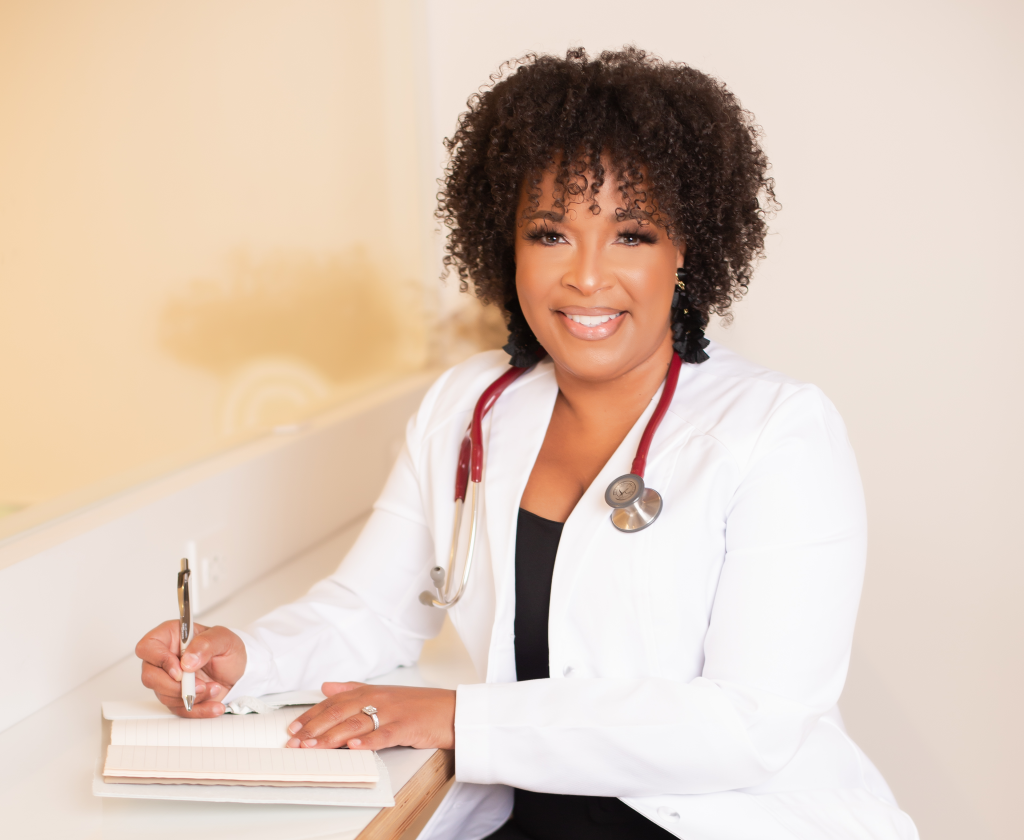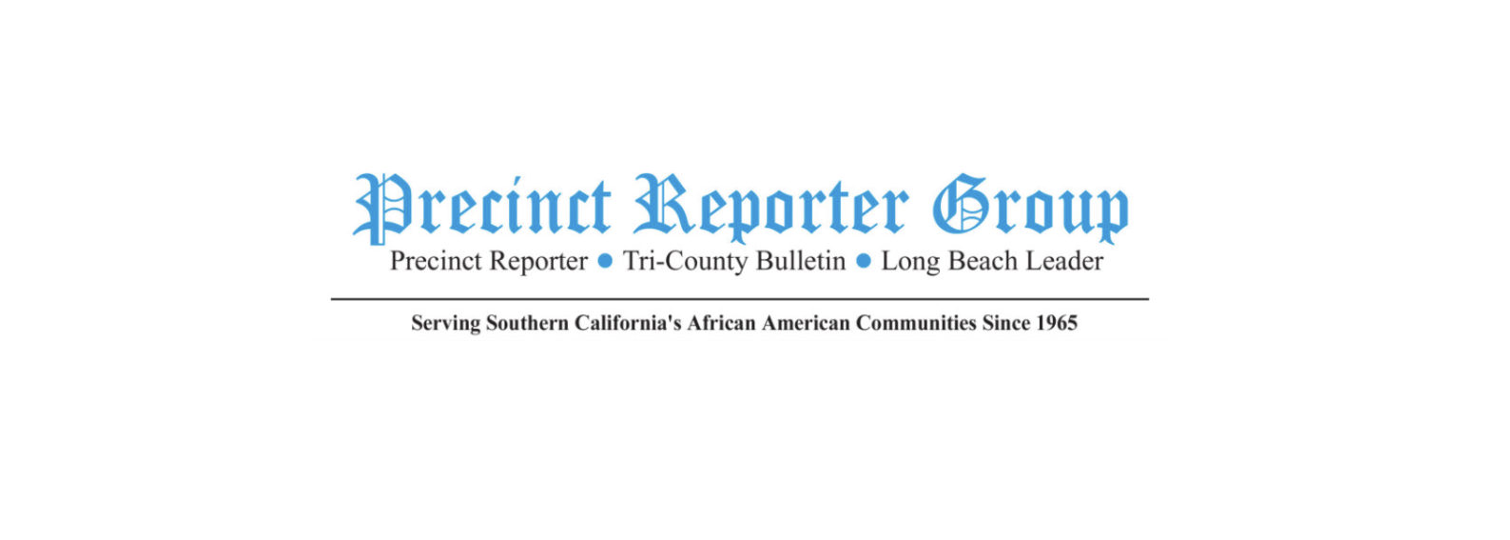By Dianne Anderson
Precinct Reporter Group
March 9, 2023
If the thought of fresh fruit and vegetables, free food vouchers and cooking lessons won’t bring out the throngs, maybe the lure is with the DJ, the dancing and how to stay alive.
Some of the widest disparities in diabetes-related deaths in the state are happening in Long Beach, which is why the California Black Health Network and partners are hosting a day of free diabetes screenings, and access to several health and community resources.
On Saturday, March 25, Diabetes Prevention Health Fair is mixing up cooking demonstrations, along with access to physical fitness with movement experts. The community can also enroll in Covered California Healthcare Plan, and get caught up on their COVID-19 with the flu vaccination unit. The event, held at Houghton Park, runs from 11:00 a.m. to 3:00 p.m., located at 6301 Myrtle Ave.
Rhonda Smith said the heart of the outreach is keeping awareness in front of the community, and continuing to work long-term with local partners. CBHN is hosting the event with the Black Health Equity Collaborative Long Beach, The Links, Incorporated, and the National Institute of Health All of Us Research Program.

The fair also kicks off CBHN’s statewide implementation of the “No Sugar Baby” Campaign to get the community proactive in preventing and managing diabetes.
“The Campaign will also be a double entendre with the message of “no sugar” from and diet and nutrition standpoint and also saying “no” to diabetes, playing on a cultural colloquialism, as diabetes has often been referred to as “the sugar” in the Black community,” said Smith, CBHN Executive Director.
Also featured at the event are Amber Johnson, Ph.D., MPH, Associate Professor in the Department of Health, Science at California State University, Long Beach, and Joel Helle, Vice President of Physician Services, CVS Health.
Most chronic diseases all stem from nutrition, physical activity, and lifestyle management, but also from limited access to nutritious food.
Especially in food deserts, Smith said nutritious choices are limited.
“When it comes to nutrition, when there’s a food desert or lack of access to fresh produce then that’s when the options are anything in a bag, box jar, or can, it’s not the healthiest option,” she said.
At the health fair, the community can sign up for CalFresh, known as SNAP, even as that program ended its pandemic-related emergency allotments last month. Benefits are set to be reduced by $95 a month, and states are bracing for hunger impact.
But the other problem is that healthy food often costs more. Most moms will reach for the cheapest processed foods when money is tight and skyrocketing rent needs to be paid instead of seeing the family go hungry.
At the health fair, the community can access free food vouchers, and healthy food trucks on site. A farmers market will be set up with fresh produce, and CBHN is looking to increase local access to farmers markets and fresh produce in the future.
“We want to make sure that we do our part to build the infrastructure, whether education, empowerment or access to resources. Resources are available that people are not aware of. We are going to have exhibitors and community partners to provide support,” she said.
People are born with Type 1 diabetes, but she said Type II diabetes develops over time and is more preventable with healthy lifestyle choices. With consistent access to medical care, it can be managed.
According to the Office of Minority Health, in 2018, African American adults were 60 percent more likely than non-Hispanic white adults to be diagnosed with diabetes by a physician. In 2019, Blacks were twice as likely as whites to die from diabetes, and were 2.5 times more likely to be hospitalized with diabetes and associated long-term complications than whites. Blacks were also 3.2 times more likely to be diagnosed with end-stage renal disease compared to whites.
Dedra Beckles, MD, CEO & President of Divinely Restored Health & Wellness, said that it’s a privilege to partner with the other organizations in the health equity space that are using their platforms to promote health and wellness in the Black community.
“What excites me most about these community events is the opportunity to let my community know that there are Black physicians, like myself, right here in Long Beach who are willing and able to provide high quality, culturally responsive care for their chronic medical conditions,” said Dr. Beckles, a board-certified family physician with her medical degree from UC Irvine, and completed residency at Long Beach Memorial Medical Center.
Follow-up is important, she said. It’s where the organizations that have received resources and funding can provide equitable care for Black communities, and reach out to partner with Black physicians.
It is urgent to strategize and build care plans that involve a continuous, trusted patient-doctor relationship, she said.
And it’s the only way to build a sustainable, equitable healthcare delivery system.
“Anything else is just a short term bandage. Diabetes, high blood pressure, and heart disease are all chronic medical conditions. There are no one time solutions to chronic medical conditions. There has to be a plan in place for what happens after a health fair,” she said.
For more information on CBHN, see https://www.cablackhealthnetwork.org/live-it-up-long-beach/
For Dr. Beckles, see https://divinelyrestoredhealth.com/
